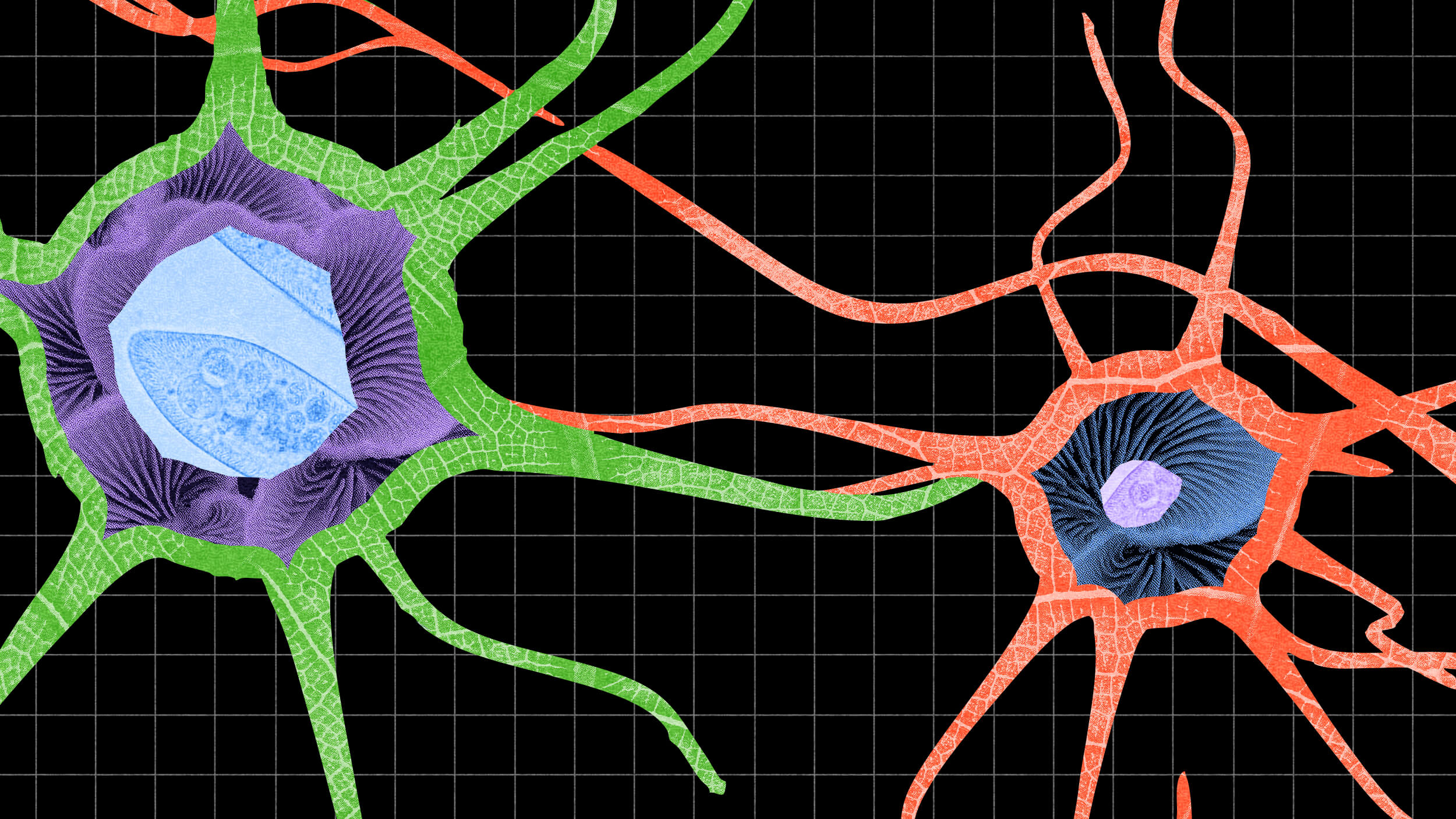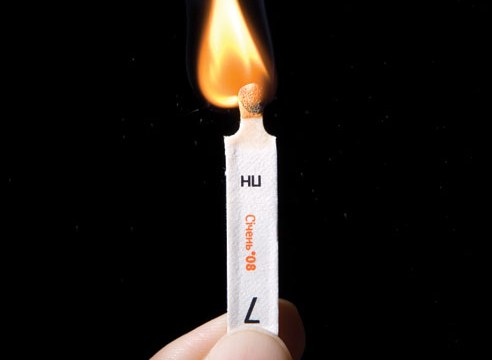Do You Believe In Free Will? Maybe You Should, Even If You Don’t

Is free will real, or is just one of our happy illusions? As it turns out, the answer might not matter as much as our belief in the answer does. A recent study showed that, when people’s belief in free will was experimentally reduced, pre-conscious motor preparation, or that activity that precedes action, in the brain was delayed by more than one second relative to those who believed in free will – an eternity in brain time.
Finding free will in the brain
For over fifty years, almost all the way up to his death in 2007, Benjamin Libet studied the neural correlates of consciousness. While the philosophical conclusions that have been drawn from his work remain contentious—and some would say highly problematic—he did make some fascinating discoveries about the human brain that have remained central to the study of conscious awareness.
First, he observed the existence of something called the readiness potential, or RP, in the brain, up to 550ms prior to the initiation of action. In other words, our brains are prepared to act over half a second before we actually act. So far, not so terribly surprising – as long as we are aware of planning an action. Of course, our brain needs time to prepare. That makes a whole lot of sense.
However, the more striking finding was that this RP preceded conscious awareness of the intention to act: Libet’s subjects became aware of their action intention 350-400ms after the RP had started. Or, to put it differently, our brains seem to initiate an action before we are even aware of wanting to make it.
But note the crucial timing here: volitional action is initiated in a preconscious stage, yes, but we do have a window of opportunity (anywhere from 150 to 200ms) when we are already aware of the action but have not yet acted, should we wish to change, stop, or otherwise redirect that action. So, for those who want to take a philosophical interpretation of the physiology, free will might be constrained, but remains alive and well in those 150-200ms.
Libet’s paradigms have since been used extensively in the study of free will, consciousness, and agency, and have sparked extensive debates (including some highly existential ones) on what it means to have free will, how free we actually are, and what it all means.
Our brains care if we believe in free will
The present study puts all the philosophy of free will aside, and asks instead about the belief in free will. Does what we believe, in a broad sense, actually impact our neural involvement in action preparation? Or, to put it in Libet’s terms, can disbelieving in free will delay the onset of the RP?
The answer seems to be, yes, it can. Subjects in the study preformed Libet’s standard task, where they executed voluntary movements and then reported the time when they first thought of the intention to act. There was only one change: the experimental group of subjects first read a passage that talked about scientists having recognized that free will is an illusion, while the control group read a piece on consciousness, that made no mention of free will at all. Both texts, incidentally, were from Crick’s (of Watson and Crick double helix fame) The Astonishing Hypothesis.
What the scientists then discovered is that the brains of those participants with a dampened belief in free will actually showed a reduction in RP amplitude: not just their minds, but their brains appeared to have taken the reading to heart. They reported the intention to act at the same time as the control group, but their brains were not preparing as well—or as eagerly—as those of their counterparts.
What we believe, it seems, affects us much more fundamentally than previously thought. At least when it comes to free will, disbelief can affect neural processes at a stage before we are even aware that they are taking place.
The importance of agency
So, why would this be important for decision making? Much work has been done on the centrality of agency to both our feelings of success and our actual success. In other words, when we feel in control of our life outcomes (from the very little to the very big), as active agents, we tend to perform better and be happier overall. And the belief in free will is an important element in feeling in control, feeling like what we do matters.
Now, it may be even more important than we thought, affecting our brains at a much deeper level that previously imagined. So consider the flip side: just as agency can make us feel good and make us act more effectively, fatalism can be a self-reinforcing circle at a very basic, physiological level. If we don’t believe in free will, we may actually end up having less of it, in a sense. And who knows what that can mean for our effectiveness and our feelings of happiness, both.
Our brains are listening, and apparently, they’re talking back. And that’s something we should take note of.





